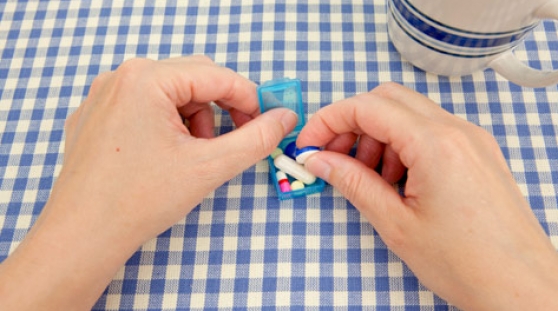Food Addiction Health Center
Table of Contents

Treatment and management of food addiction is similar to other behavioral addictions, with therapy and behavioral modifications as the mainstay. Other eating disorders such as bulimia and anorexia nervosa result from emotional issues that need to be resolved in order for treatment to be effective, and compulsive overeating is thought to be no different.
There are many parallels between feeding behavior and drug addiction. Treatments for drug abuse focus on craving, impulsivity, and learning and are not generally focused on withdrawal or other physiological measures of addiction. In contrast, many, if not most studies of obesity focus on minimizing hunger. But not all diet failures are due to hunger; some of them are probably due to nonhomeostatic eating or impulsive eating. Given the many parallels between food and drug cravings, it would make sense to use lessons from drug addiction to aid in the fight against obesity.
Medications
Naltrexone treatment, a pharmacological manipulation that does lead to reduced palatability ratings, is not associated with increased weight loss. Furthermore, subjects in a monotonous diet study learned to crave a not-very-palatable dietary supplement beverage. Thus, food does not need to be palatable to be craved.
Therapies
Cognitive behavioral therapy, peer support groups such as Food Addicts Anonymous and Overeaters Anonymous have been successful for many people. It is suggested that alternating restriction and availability of food, i.e. the way in which the food is used rather than its sensory or nutritional properties, may produce the addictive pattern of eating. Going on and off diets may be the human analogue to the restricted access paradigm.
